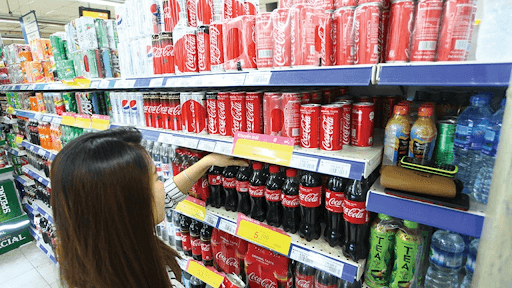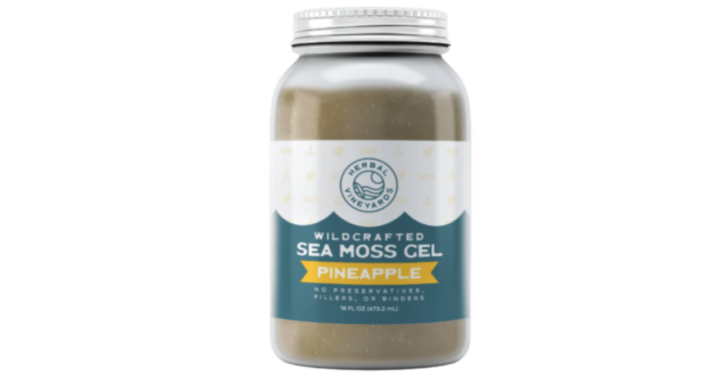The Real Facts Behind Private Label Energy Drinks

In recent years, the market for energy drinks has seen a significant surge in popularity, with consumers seeking ways to boost energy levels and enhance performance. Within this landscape, private-label energy drinks have emerged as a notable contender, offering consumers affordable alternatives to well-known brands. However, as with any product category, there are various misconceptions and uncertainties surrounding private-label energy drinks. Let’s go through the real facts behind private-label energy drinks, providing insight into their composition, efficacy, and safety, as well as the role of energy drink manufacturers in shaping this market segment.
Composition and Ingredients:
Private-label energy drinks often contain a similar composition of key ingredients as their branded counterparts. These typically include caffeine, taurine, B vitamins, and other energy-boosting compounds. However, the specific formulation may vary depending on the manufacturer and the desired product profile. While some consumers may express concerns about the quality of ingredients in private-label energy drinks, regulatory bodies often enforce stringent standards to ensure product safety and efficacy.
Quality Control and Manufacturing Practices:
Contrary to popular belief, private-label energy drinks are subject to rigorous quality control measures and manufacturing practices. Energy drink manufacturers adhere to industry standards and regulations to maintain consistency and safety in their products.
From sourcing high-quality ingredients to implementing strict quality assurance protocols, private label manufacturers prioritize product integrity and consumer satisfaction. This commitment extends throughout the entire production process, ensuring that private label energy drinks meet the highest standards set forth by energy drink manufacturers, thereby instilling confidence in consumers regarding the quality and safety of these beverages.
Cost-Effectiveness:
One of the primary advantages of private-label energy drinks is their cost-effectiveness compared to branded alternatives. By leveraging economies of scale and efficient manufacturing processes, private-label manufacturers can offer competitive pricing without compromising on quality. This affordability makes private-label energy drinks an attractive option for budget-conscious consumers seeking energy-boosting beverages without breaking the bank.
Customization and Branding:
Private-label energy drinks provide retailers and distributors with the opportunity to customize packaging, branding, and product specifications according to their preferences. This flexibility allows businesses to tailor energy drink offerings to specific market segments and consumer demographics. Whether targeting health-conscious consumers with organic ingredients or appealing to athletes with performance-enhancing formulations, private-label energy drinks can be tailored to meet diverse consumer needs and preferences.
Consumer Perception and Trust:
Despite their affordability and availability, private-label energy drinks may face skepticism from consumers accustomed to established brands. However, as awareness grows and consumers become more discerning, private-label products are increasingly viewed as viable alternatives offering value and quality. Building consumer trust requires transparency, clear labeling, and adherence to regulatory standards, all of which reputable private label manufacturers prioritize to maintain their reputation and credibility.
Market Trends and Opportunities:
The market for energy drinks continues to evolve, driven by changing consumer preferences, health considerations, and lifestyle trends. Private-label energy drinks are well-positioned to capitalize on these market dynamics, offering retailers and distributors the flexibility to innovate and adapt to shifting consumer demands. With the rise of functional ingredients, natural formulations, and sustainable packaging, private-label energy drinks have the opportunity to carve out a distinct niche in the competitive beverage landscape.
Bottom Line:
Private-label energy drinks represent a significant segment of the beverage market, offering consumers affordable and customizable alternatives to branded products. Despite misconceptions and uncertainties, the real facts behind private-label energy drinks reveal a commitment to quality, affordability, and consumer satisfaction. As consumers continue to prioritize value, convenience, and transparency, private-label energy drinks are poised to shine brightly in the evolving energy drink landscape. This trend is further supported by the innovation and adaptability of energy drink manufacturers, who play a crucial role in meeting the diverse needs and preferences of consumers.






